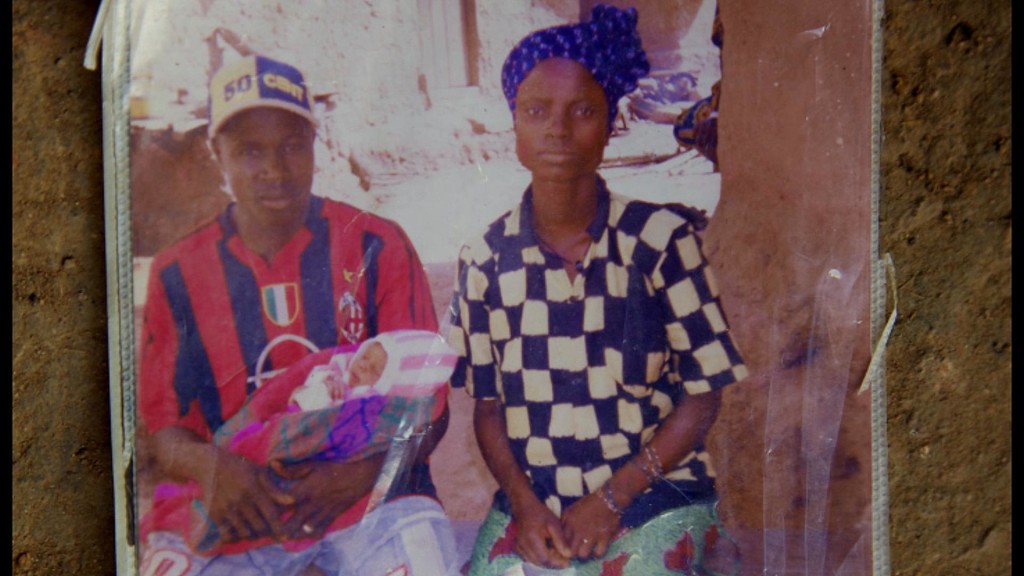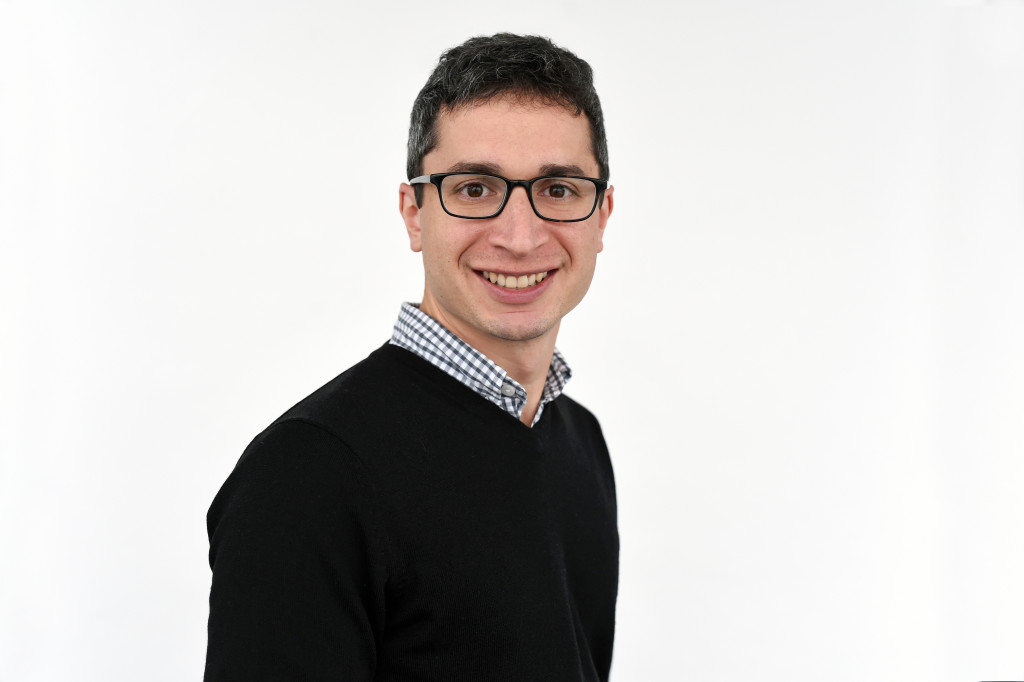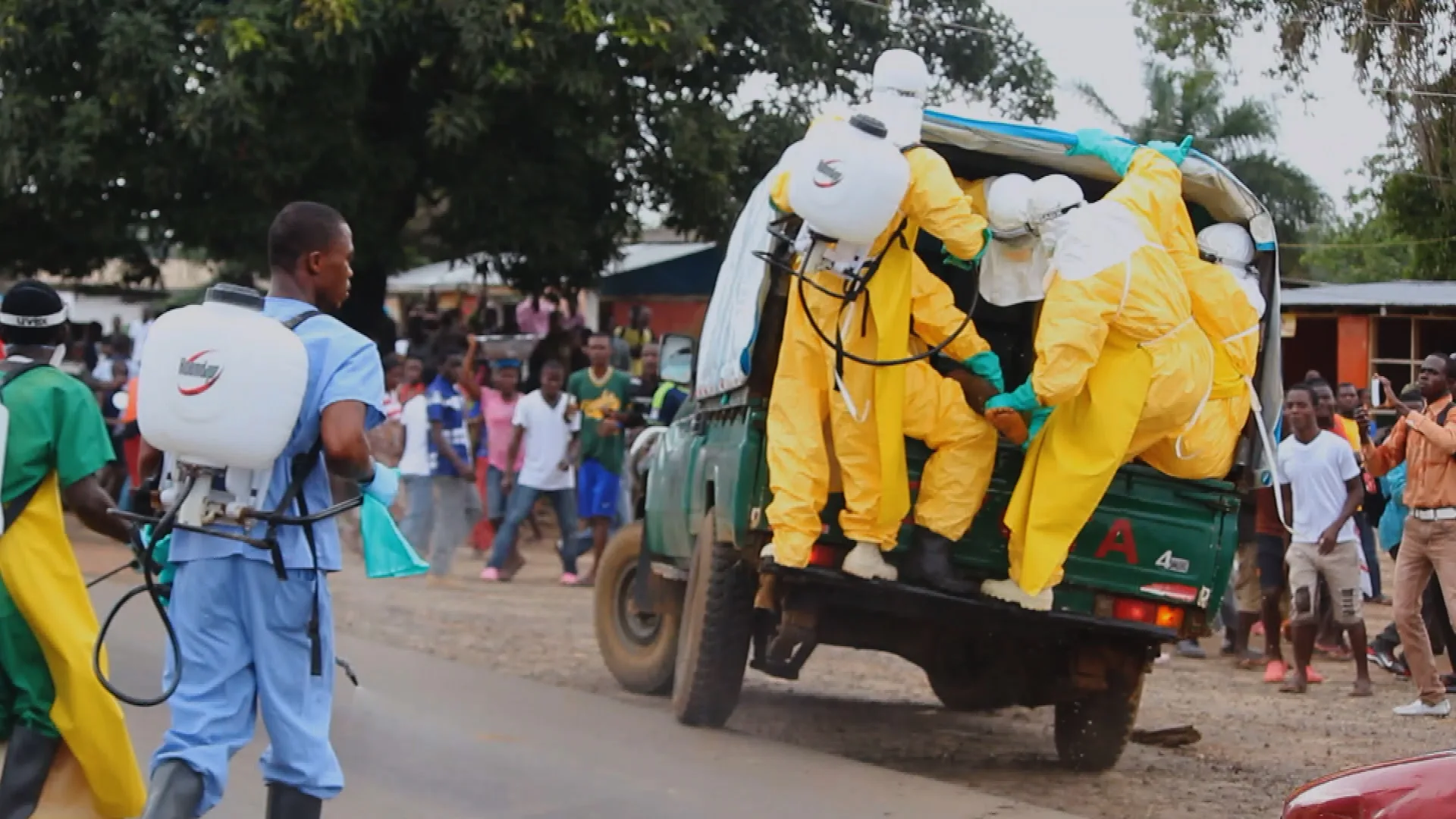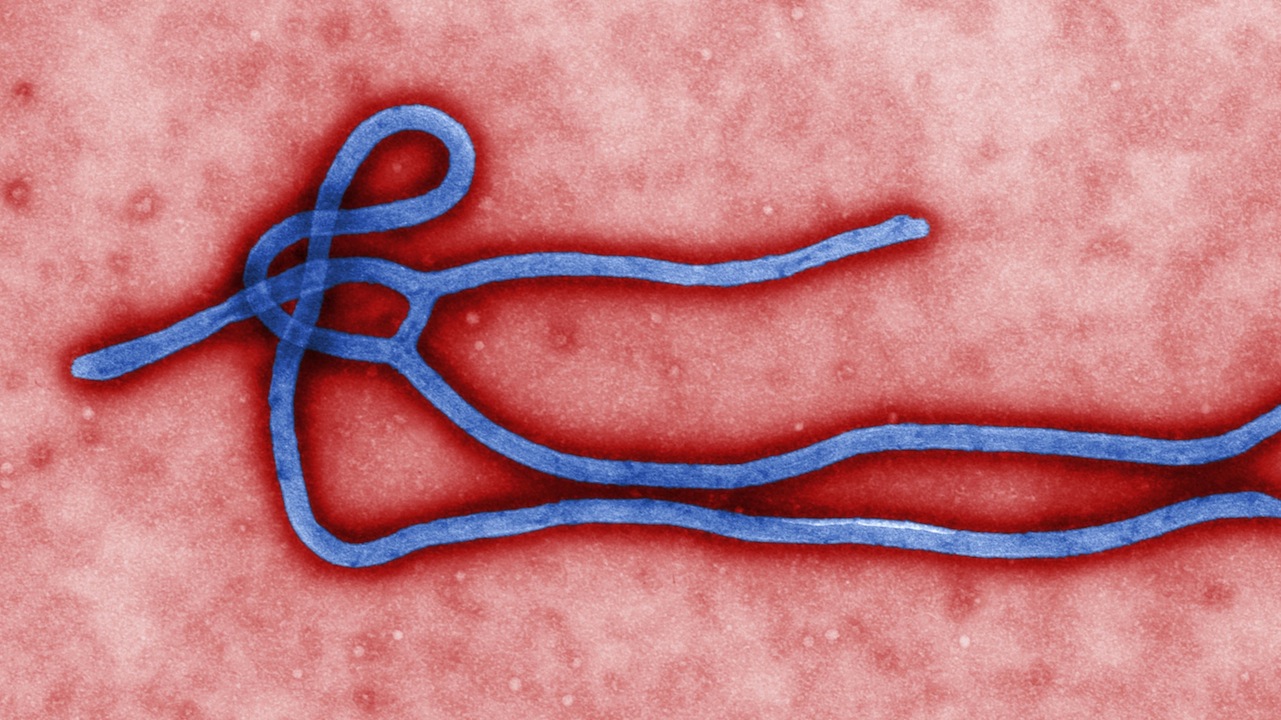Exclusive Video: Where the Ebola Outbreak Began

December 29, 2014
Share
It was Christmas Day, 2013, when a one-year-old boy in Meliandou village, deep in the jungles of Guinea, fell ill.
“He had a fever, his body was hot,” recalled his father, Etienne Ouamouno. “He was shivering. When we gave him soup, he started vomiting.”
Three days later, Emile was dead, the first suspected victim of an Ebola outbreak that little more than a year later has devastated West Africa, infected more than 19,000 people across nine nations and killed more than 7,500.
But in Meliandou last Christmas, no one suspected Ebola. All people knew was that a mysterious illness was spreading through town.
Within days of Emile’s passing, his sister, Philomene, also grew sick and died. Then her mother, as well as her unborn child. Three women came to clean the family home. Soon after, they too were all dead.
Maybe it was malaria, some thought. Maybe it was cholera?
“People were saying, ‘It must be the evil eye. Someone came with curses and is killing the people here,'” said Augustine Momodouno, the local nurse who first treated the family.
Filmmaker Dan Edge traveled to Meliandou to learn how residents initially responded for a film about the Ebola epidemic that will air on FRONTLINE this spring.
Amid the confusion and fear, Edge found, locals did what health experts warn not to do in the event of an outbreak: Rather than isolate the sick, they mixed the healthy and the ill in the center of the village, and gathered together for a traditional healing ceremony.
Watch: Ebola’s Patient Zero
But the ceremony didn’t work. One of the next to get sick was Emile’s grandmother, and when she left the village to seek treatment, the virus was officially on the move.By March, the deadly disease had traveled to the town of Macenta — a distance of roughly 60 miles — killing more than 50 people along the way. Yet explanations were still lacking. In a race for answers, the Ministry of Health dispatched Dr. Lamine Koivogui, director of the Guinea Institute of Public Health, and a team of medics to investigate the infection of a boy named Khalil.
By the time the team found him, Khalil was bleeding profusely and near the point of death. As Koivogui remembered: “The clinician who was with me said: ‘I have seen a lot of diseases Dr. Lamine. But this one is a first.'”
Watch: The Virus Hunter
Koivogui initially suspected a hemorrhagic fever. “I never thought it could be Ebola,” he said. Within days, though, a blood sample from Khalil would come back positive from a lab in France. Health officials now had their answer, but the start of the Ebola outbreak, the worst on record, was only beginning.
Latest Documentaries
Related Stories
Related Stories
Explore
Policies
Teacher Center
Funding for FRONTLINE is provided through the support of PBS viewers and by the Corporation for Public Broadcasting, with major support from Ford Foundation. Additional funding is provided the Abrams Foundation, Park Foundation, John D. and Catherine T. MacArthur Foundation, Heising-Simons Foundation, and the FRONTLINE Trust, with major support from Jon and Jo Ann Hagler on behalf of the Jon L. Hagler Foundation, and additional support from Koo and Patricia Yuen. FRONTLINE is a registered trademark of WGBH Educational Foundation. Web Site Copyright ©1995-2025 WGBH Educational Foundation. PBS is a 501(c)(3) not-for-profit organization.





















